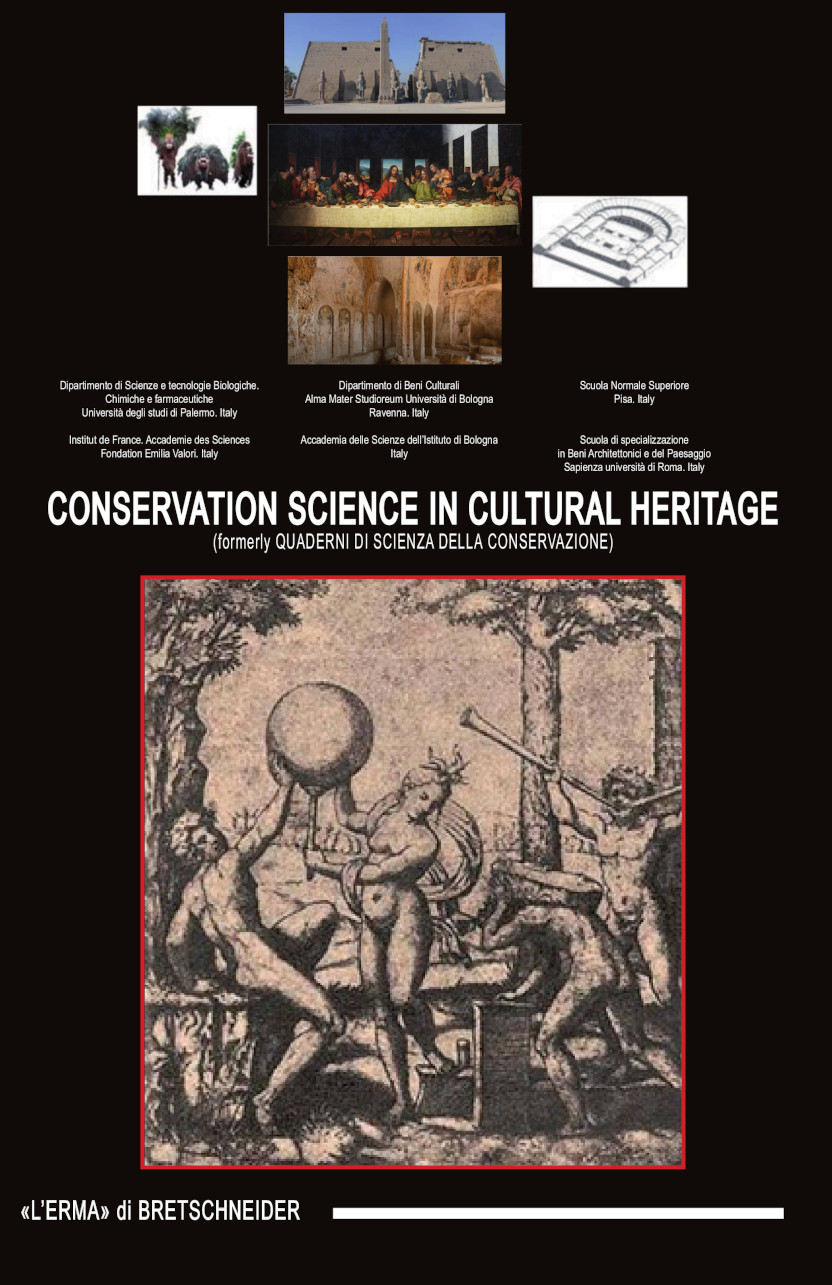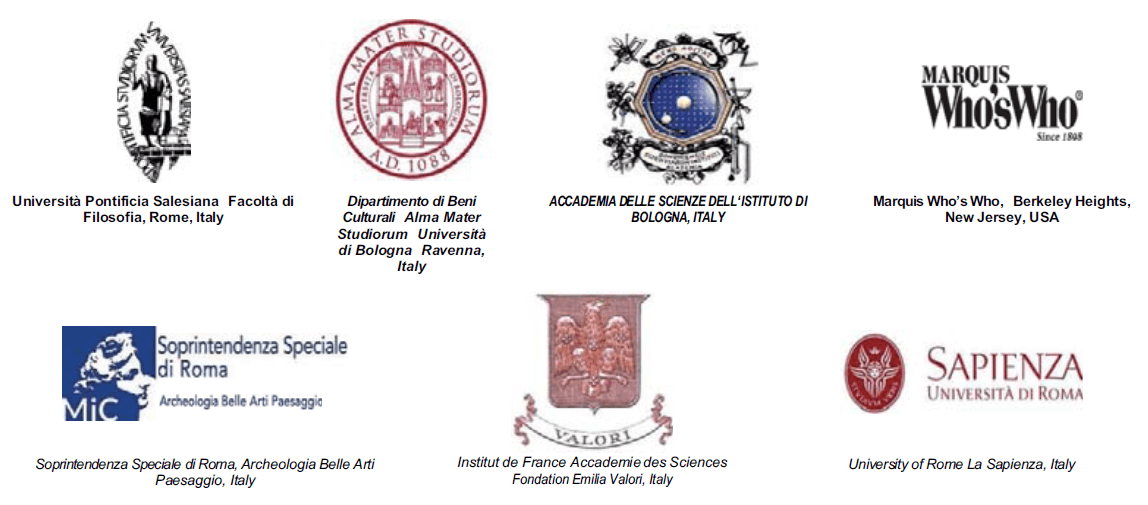Conservation and Reassessment of an Overlooked Skeletal Collection Preserved Since 1901 at the Museum of Anthropology “G. Sergi”, Rome
DOI:
https://doi.org/10.6092/issn.1973-9494/12788Keywords:
museology, Castel Trosino, Longobards, bioarchaeology, osteobiographyAbstract
The osteological investigation of archived and historic skeletal collections can often provide clues to how they were organised and managed, offering key osteobiographical insight into past populations. A small, yet significant, collection of skulls housed at the Museum “Giuseppe Sergi” of the Sapienza University of Rome, remained anonymous prior to a recent reassessment protocol started in 2018. This collection was excavated from a funerary area discovered during the 19th century from the site of Castel Trosino (Ascoli Piceno, Italy). The cemetery was part of an important community during the Longobard domination of Italy, as testified by the richness of the cultural artefacts reported with the burials. The 19 skulls presented in this paper are the only ones available for assessment; all the others were lost shortly after the first excavation. Their importance is related to providing a better understanding of biological evidence of a community that lived in Italy during the Early Middle Ages.
Downloads
Published
How to Cite
Issue
Section
License
Copyright (c) 2021 Ileana Micarelli, Robert R. Paine, Mary Anne Tafuri, M. Elisabetta Aloisi Masella, Giorgio Manzi

This work is licensed under a Creative Commons Attribution 3.0 Unported License.





